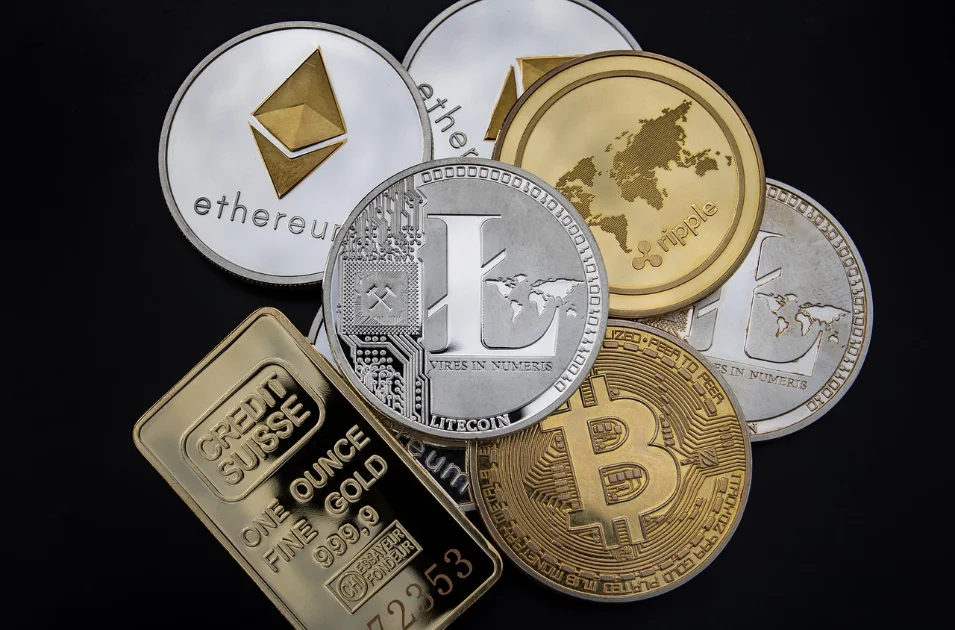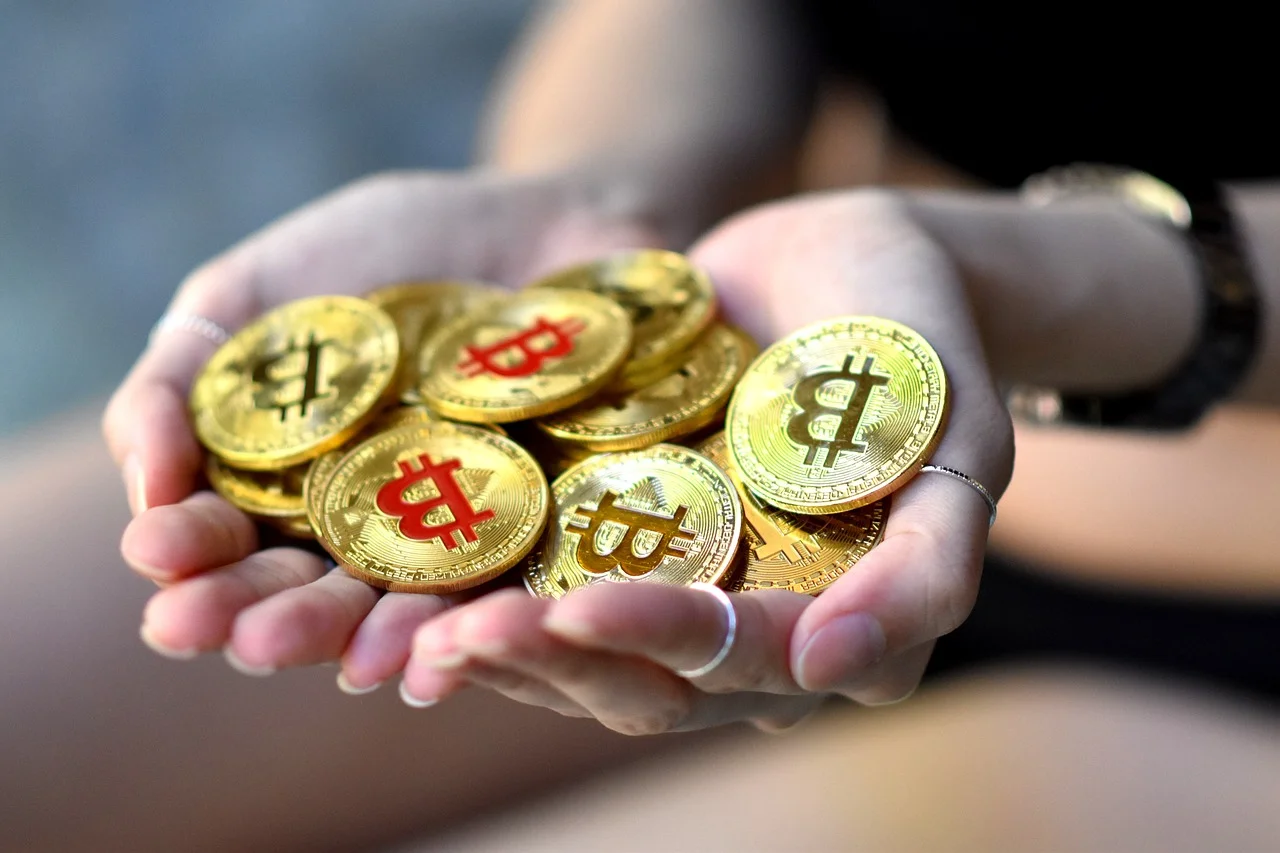According to a report by Chainalysis, Hong Kong could provide a boost to East Asia’s cryptocurrency scene, which has been hit hard by China’s strict crypto regulations. This is because Hong Kong is emerging as a significant player in the crypto world.
The report suggests that the Chinese government might be reconsidering its stance on digital assets, possibly becoming more accepting of cryptocurrency projects. This is sparking speculation about a change in direction.
Additionally, Hong Kong is seen as a safe haven for cryptocurrency investors from countries like Russia and Ukraine, which are facing conflicts. It’s also attracting Chinese citizens who are dealing with limitations on using cryptocurrencies within their own country.
Hong Kong’s positive influence on the cryptocurrency industry in East Asia
The Chainalysis report discovered that East Asia used to be a major hub for cryptocurrency, mainly because of China’s active trading and mining activities until 2019.
However, in the years that followed, there was a significant crackdown on cryptocurrencies in China, which led to a sharp decline in crypto-related activities in the region. As a result, East Asia’s ranking in terms of crypto trading volume fell from number one to fifth place.
It now lags behind regions like North America, Western Europe, Middle East and North African countries (MENA), Eastern Europe, and Central & Southern Asia (SCAO) in terms of crypto activity.
Recently, Hong Kong reopened crypto trading for regular traders in August. This move was seen as an early experiment by the Chinese government to test how Hong Kong might function as a crypto hub.
In the period from July 2022 to June 2023, investors in Hong Kong traded approximately $64 billion in cryptocurrencies, as reported by Chainalysis. Although this amount is substantial, it still falls behind China’s total of $82.4 billion in crypto trading, despite Hong Kong having only “0.5% the size of mainland China’s population.”
When Hong Kong reopened its retail trading services for cryptocurrencies, it gave a boost to its crypto industry. According to the report, Hong Kong’s over-the-counter (OTC) markets, which typically handle large transactions for institutional investors and high-net-worth individuals, remained very active.
OTC desks are places where cryptocurrencies are exchanged directly for traditional fiat currencies, outside of regular crypto exchanges.
Interestingly, Hong Kong saw more large transactions, valued at $10 million or more, compared to other East Asian countries like Japan and South Korea. These high-value trades made up 46.8% of all crypto transactions in Hong Kong for the year, as reported by Chainalysis.
The report also pointed out that South Korea’s crypto market is less influenced by institutional players compared to other markets in the region.
Chinese OTC dealers mentioned that Russians and Ukrainians are using Hong Kong as a safe haven to convert their assets into cryptocurrencies and protect their wealth.
Many investors from mainland China might be using the Hong Kong OTC market as a way to convert their regular money into cryptocurrencies, which is not easy to do within China.
The report also mentioned that OTC desks and informal peer-to-peer businesses operating in a gray market fashion are the main channels for cryptocurrency transactions in both Hong Kong and China.





